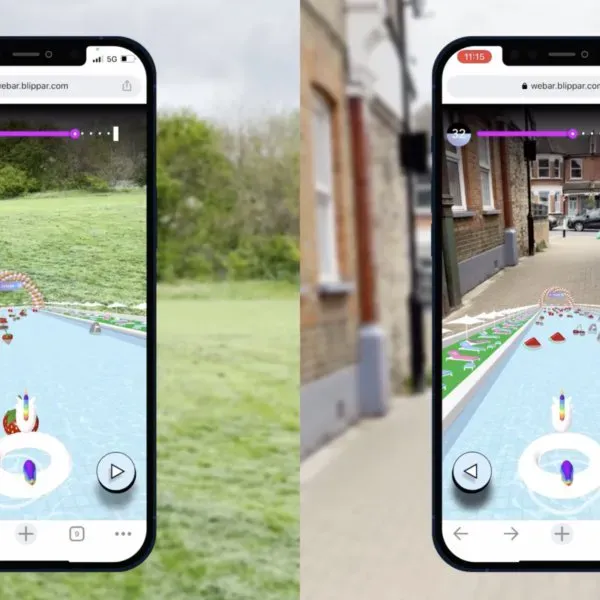Overview
As part of the Blippar website’s Quality Assurance team, our primary objective revolved around optimizing the algorithm’s efficiency through the utilization of cutting-edge technologies. Through AI-driven automation, we categorized diverse image genres, ensuring high quality and relevance across landscapes, actor portraits, cultural depictions, urban scenes, and natural environments. Meanwhile, ML facilitated continuous improvement, allowing the algorithm to evolve iteratively based on real-time data feedback, enhancing its recognition capabilities. Augmented Reality (AR) enriched user experiences by integrating contextual information and immersive elements into the interface, providing valuable insights into user behavior. Together, these technologies optimized the algorithm’s efficiency and effectiveness, propelling the Blippar website to new heights in visual recognition and user engagement.

Challenges
Here are the challenges faced during testing project:
- Despite the innovative technologies at our disposal, several challenges emerged during the course of the project. Firstly, ensuring the quality and relevance of the vast image dataset proved to be a formidable task. Each image had to be verified for clarity, context, and appropriateness, requiring significant time and effort. Additionally, the dynamic nature of image recognition presented challenges in accurately categorizing and classifying diverse visual content. Moreover, maintaining consistency in the training data while accommodating for evolving user preferences and trends posed another significant challenge.
Solution & Strategy
To address these challenges, the QA team at Blippar website developed a comprehensive testing strategy focusing on the following key areas:
- Implemented automated quality checks to streamline image verification, swiftly identifying and flagging low-quality or irrelevant images.
- Utilized advanced AI and ML algorithms to develop intelligent systems capable of pattern recognition and extracting insights from the image dataset.
- Adopted a modular approach for continuous adaptation and refinement of the algorithm, addressing emerging trends and user feedback.
- Collaborated closely with domain experts and stakeholders to develop a robust framework for image classification and training, ensuring optimal algorithm performance.

Conclusion
In conclusion, despite the complex challenges encountered, our dedicated efforts and innovative approach resulted in significant advancements in the efficiency and accuracy of the Blippar website’s image recognition algorithm. By harnessing the power of AI, ML, and AR technologies, we successfully curated a diverse and high-quality image dataset, paving the way for enhanced user experiences and interactions. Moving forward, we remain committed to refining and optimizing the algorithm to meet the evolving needs and expectations of our users, reaffirming our position at the forefront of innovation in the field of visual recognition technology.


